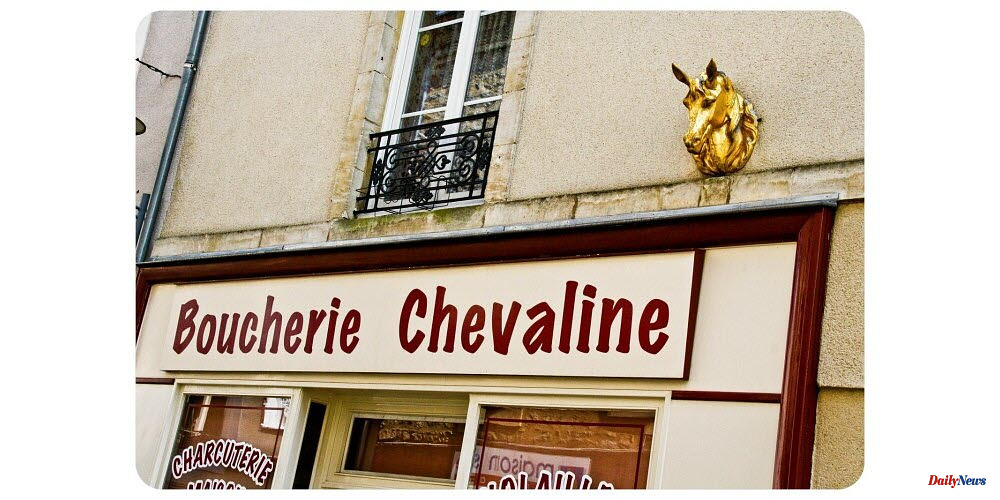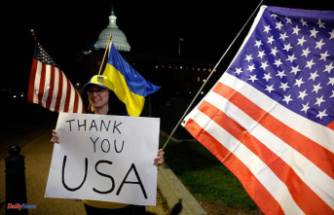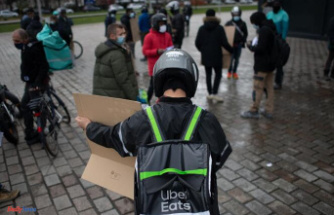It's a huge trafficking of horse meat with European ramifications. This Tuesday will mark the beginning of the trial. The 6th chamber of Marseille's criminal court (Bouches-du-Rhone) will then be ruled on.
18 sector professionals will be charged with "organized fraud" and "forgery, deception, or goods that endanger human health". They are accused of buying, slaughtering, and then resold horses not suitable for human consumption. They could spend up to 10 years behind bars.
The suspects would have led the horse owners to believe they would be found in a meadow where they could retire peacefully. There were hundreds of horses involved, including race horses, blood horses and draft horses. But there were also ponies from France, Germany Belgium, Spain, the Netherlands, Spain, and Belgium.
Worse, the 200 horses that were used by Sanofi's pharmaceutical laboratory to produce serums would have also ended up on consumer plates after falsifications of veterinary records.
In 2013, a number of anomalies were found on the identification documents for horses. This was revealed by a veterinary inspection at Ales (Gard) and Pezenas Herault (Herault). These false health certificates would have allowed slaughter and marketing of horses, which were then declared unfit for human consumption. Sanofi's hair was trimmed in Narbonne (Aude).
Thanks to many wiretaps, the investigation lasted for several years and was centered on Jean-Marc Decker in Belgium, who was the head of the network. He would have shipped 4,700 horses to the slaughterhouses between 2010-2013. In 2015, he was taken into custody and held for five and a quarter months.
The 17 other defendants include horse dealers (horse traders), touts and veterinarians (including two Dutch and three Belgian vets) as well as a wholesaler selling horse meat from Gard.
He offered to take me "Tenor de Pluvinage" [le no du cheval, NDLR] as a retirement guest, and promised that he would keep his stepdaughter’s mare company. I trusted him, and not sold. But he did not answer the phone or email. "Tenor du Pluvinage" was a Parisian Aline victim who gave his horse to an individual, while the animal received anti-inflammatory, insect repellent and deworming treatments, making it unfit for human consumption.
After a long search, Aline learned that the horse, aged 28 years old, was killed in Ales.
The "old" horses were then recovered by the touts who exported them to Belgium with the help of accomplice veterinarians. They then gave them fraudulent certificates before returning them to the slaughterhouses at Ales or Pezenas.
The horses were therefore declared eligible to slaughter due to a lack of traceability regarding their past or drug treatment. They then ended up in butcher shops, and finally on the plates of consumers.
Our colleagues from Le Figaro were told by a horse dealer that a horse without valid ID documents was being sold for 100 to 300 Euros, while a compliant horse is available at 600 or 800 Euros.
Jean-Marc Decker, a Belgian lawyer, refused to communicate. Me Lionel Febbraro (the lawyer for the Meuse veterinarian implicated) denounces the "application of a European directive with incredible complexity", while at the same time he claims that there was an "artistic vagueness in terms regulations." He concludes that "A priori, no one was poisoned."












